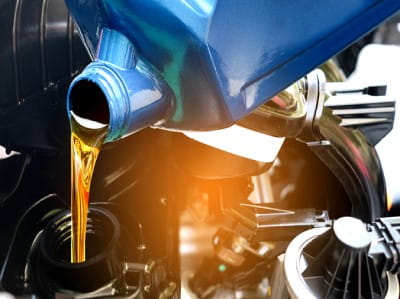John Townsend
Public Relations Manager, DC
O: (202) 481-6820 (ext. 4462108)
C: (202) 253-2171
jtownsend@aaamidatlantic.com
WASHINGTON, D. C. (Monday, January 1, 2018) ––Car not starting? No spark on a cold frosty morning? There are hundreds of cold-weather reasons, but let’s round up the usual suspects.
Dead battery?
Empty gas tank?
Bad ignition switch?
Clogged fuel filter?
Weakened or broken starter?
Rats!
Literally, rats or mice could be the problem. You can say it is all about the “best laid schemes of mice and men.” With the onset of extremely cold temperatures, rodents like mice, rats, chipmunks and squirrels take shelter wherever they can, maybe even in your car. After all, Washington, D.C. ranks as “one of the most rat-infested cities in the country.” Rats, and mice, for that matter, could be living in your car. The foes include the “White-footed mouse” (Peromyscus leucopus); the “Deer Mouse” (Peromyscus maniculatus); the “cotton rat” (Sigmodon hispidus), and the “rice rat” (Oryzomys palustris).
Those “voracious varmints” can chew through wiring harnesses, munch through power steering line, gnaw hoses, and masticate upholstery. “You dirty rat!” Well, James Cagney never quite said that in his 1932 film “Taxi!” But we get the drift. Even worse, “rodents carry around potentially harmful bacteria and viruses,” including Hantavirus. The infection can “progress to Hantavirus Pulmonary Syndrome (HPS), which can be fatal,” warns the Centers for Disease Control and Prevention (CDC).
Follow us on Twitter: @AAADCNews
Like us on Facebook: AAA Mid-Atlantic News
Washington, D.C. Mailing Address:
1405 G Street NW
Washington, DC 20005
AAA provides automotive, travel and insurance services to 57 million members nationwide and nearly 78,000 members in the District of Columbia. AAA advocates for the safety and mobility of its members and has been committed to outstanding road service for more than 100 years. The not-for-profit, fully tax-paying member organization works on behalf of motorists, who can now map a route, find local gas prices, discover discounts, book a hotel and track their roadside assistance service with the AAA Mobile app for iPhone, iPad and Android. For more information, visit https://aaa.com
Ragina C. Ali
Public Relations Manager, MD
O: (410) 616-1900 (ext. 4361152)
C: (443) 465-5020
RAli@aaamidatlantic.com







